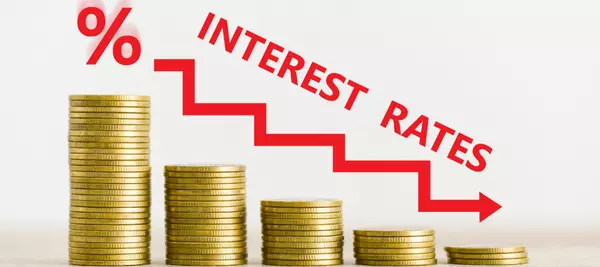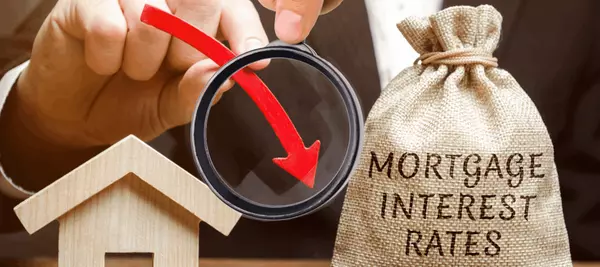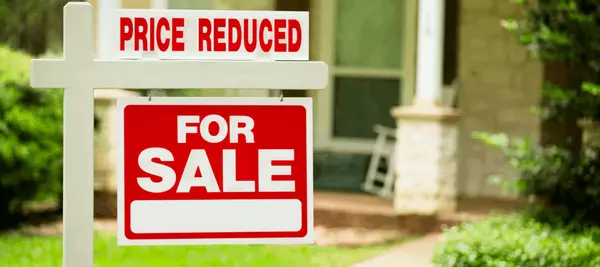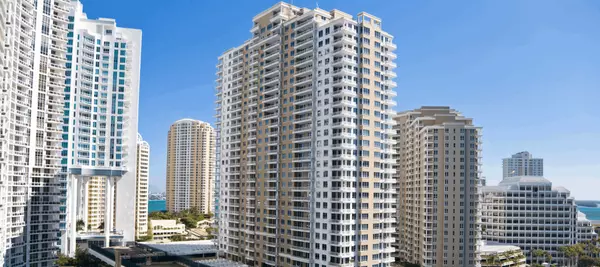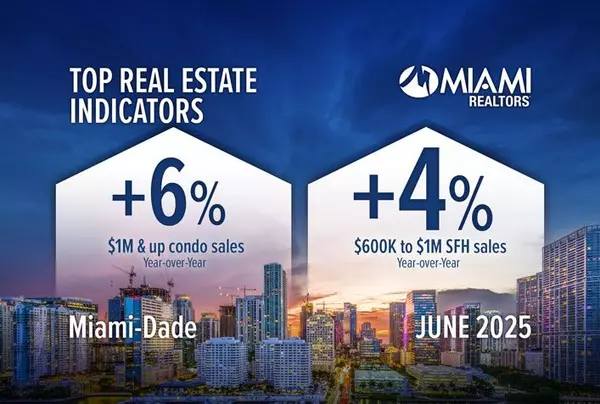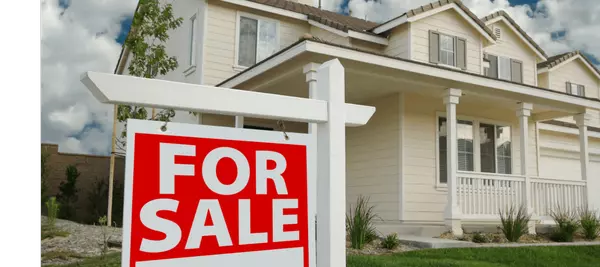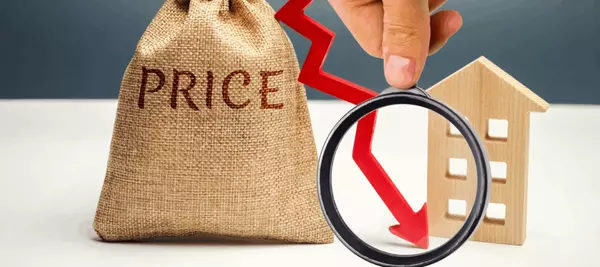What the Fannie Mae and Freddie Mac IPO Could Mean for South Florida Homebuyers and Sellers

What the Fannie Mae and Freddie Mac IPO Could Mean for South Florida Homebuyers and Sellers
Big news just hit the housing market. The Trump administration is planning to take Fannie Mae and Freddie Mac public later this year. If you're buying, selling, or investing in real estate here in South Florida, this move could directly affect your financing options, mortgage rates, and long-term strategy.
So what does it all mean, and how could it impact the Miami and Broward real estate markets specifically?
Let’s break it down.
What Are Fannie Mae and Freddie Mac?
Fannie Mae (Federal National Mortgage Association) and Freddie Mac (Federal Home Loan Mortgage Corporation) are government-sponsored enterprises, or GSEs. Their main job is to keep the mortgage market stable and flowing.
Here’s how they do it:
- They don’t issue loans directly. Instead, they buy mortgages from lenders like banks and credit unions.
- By purchasing these loans, they free up capital for lenders, who can then issue more loans.
- Fannie and Freddie then bundle these loans into securities and sell them to investors. This process is called securitization.
Why is this important? Because it creates liquidity in the mortgage market, keeps interest rates relatively low, and gives lenders the confidence to offer long-term fixed-rate mortgages, including the popular 30-year loan.
Why Is This IPO News a Big Deal?
Fannie and Freddie have been under government control since the 2008 financial crisis. Back then, the housing market collapsed, and the government stepped in with a $191 billion bailout to stabilize the economy. Since then, the two companies have operated under federal conservatorship.
Now, the Trump administration is signaling a major shift. Taking Fannie and Freddie public again through an IPO would mean:
- Moving them out of government control
- Allowing private investors to own shares
- Restructuring how mortgage risk is handled
This IPO wouldn’t just be a Wall Street story. It could change the way mortgages work in this country, especially in high-demand, high-price regions like South Florida.
The Timing: Why Now?
The announcement comes at a time when housing affordability is front and center.
- Mortgage rates are bouncing between 6.5% and 7%, higher than what most buyers have been used to over the past decade.
- Inventory remains low in many parts of Miami-Dade and Broward counties.
- And with an election year ahead, housing policy is top of mind for voters, investors, and financial markets.
By taking the GSEs public again, the administration is making a statement: It’s time to return to a more privatized system, with less government involvement in the mortgage market.
How Could This Affect Mortgage Rates and Lending Guidelines?
The short answer: It depends on how the IPO is structured, how much risk the companies take on, and what kind of government backing remains in place.
Here are three potential outcomes to watch:
1. Mortgage Rates Could Tick Up
If the IPO results in less government guarantee behind the loans, investors may demand higher returns, which means interest rates could rise, even if the Federal Reserve doesn’t raise its benchmark rate.
2. Loan Qualification Might Get Tougher
Fannie and Freddie follow strict guidelines about credit scores, income, and down payments. If those standards tighten post-IPO, it could be harder for some first-time buyers or self-employed borrowers to qualify.
3. Conforming Loan Limits May Shift
Currently, conforming loans are capped at $766,550 in most parts of the country. If policy changes affect these limits, buyers in higher-priced areas like Coral Gables, Pinecrest, and Fort Lauderdale may feel the squeeze.
"In a market like Miami, where prices are high and affordability is already stretched, even a small bump in rates or lending standards can have ripple effects," says Julio N. Suarez of The Suarez Team.
What South Florida Buyers, Sellers, and Investors Should Know
For Homebuyers
If you're planning to buy a home in 2025, especially with a conventional loan, keep a close eye on how this IPO unfolds. Timing your purchase before any lending changes could be smart.
- Get pre-approved early
- Lock your rate if you find a home you love
- Work with a lender who stays updated on underwriting changes
💡 Helpful Tools:
For Home Sellers
Higher rates or tighter loan standards could limit the number of qualified buyers for your home. That’s why pricing and positioning are more important than ever.
- Make sure your property is showing its best
- Consider pricing strategies that attract well-qualified buyers
- Be open to buyers using creative financing options
🔎 Thinking about selling?
Get a free home valuation or book a seller consultation today.
For Real Estate Investors
If you buy and hold rental properties, keep in mind:
- Lending changes could affect your ability to refinance or cash out
- Demand for rentals could rise if fewer people can qualify to buy
- Multi-family and condo financing might be impacted differently than single-family homes
Miami and South Florida continue to attract domestic and international investors. Understanding the shifting landscape of GSE-backed loans will help you plan your next move with clarity.
Local Insights: What This Could Mean for the Miami Housing Market
South Florida, and especially the Miami metro area, is uniquely positioned in this national conversation.
Here’s why:
- A large portion of South Florida buyers rely on conventional loans backed by Fannie or Freddie.
- High property values make jumbo loans a common option, but changes in GSE policy could affect what qualifies as jumbo.
- Areas like Kendall, Homestead, and Cutler Bay still have median home prices that fall within conforming loan limits, making them more sensitive to Fannie/Freddie lending shifts.
If conforming loans become harder to get, demand could soften in some price brackets, but cash-rich and investor buyers will likely keep supporting the upper end of the market.
Will the IPO Actually Happen?
While the Trump administration is pushing forward, there are a few hurdles:
- Congressional approval may be needed, depending on how the IPO is structured
- Lawsuits and lobbying from housing advocates could delay or alter the plan
- A change in presidential administration could pause or reverse the process
For now, it’s a headline worth following closely, and one that smart buyers and sellers in South Florida should prepare for, just in case.
Final Thoughts from The Suarez Team
Whether you’re buying your first home or planning your next sale, understanding how federal mortgage policy affects your options is key, especially in a fast-paced market like Miami.
“We always advise our clients to focus on what they can control, their budget, their timeline, and the professionals they trust to guide them,” says Julio N. Suarez. “Everything else, including national headlines like this one, becomes part of the strategy.”
Ready to Take the Next Step?
🏡 Looking for a home in Miami?
Start your home search here
📞 Need help crunching the numbers?
Use our mortgage calculator
📊 Curious about your home's value in today’s market?
Get your home valuation
📅 Want expert guidance?
Book a buyer or seller consultation
About Julio N Suarez and Silvia M Suarez - The Suarez Team
We’re Julio and Silvia Suarez, a husband-and-wife real estate team serving Miami-Dade and South Broward. With nearly 20 years of experience and a deep passion for helping people buy, sell, and invest in residential real estate, we’re here to guide you every step of the way, with local knowledge, honest advice, and personalized care.
📍 Based in South Florida | Licensed with LPT Realty
🔎 Start your home search: https://www.suarezteammiami.com
🏡 Curious what your home is worth? Get your free home valuation here
📩 Have questions? Send us a message
📱 Follow us for tips, listings & market updates:
👉 Instagram
👉 Facebook
👉 LinkedIn
👉 YouTube
Recent Posts
